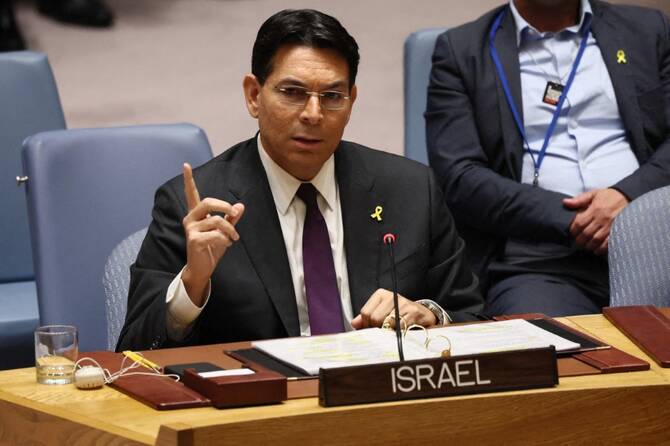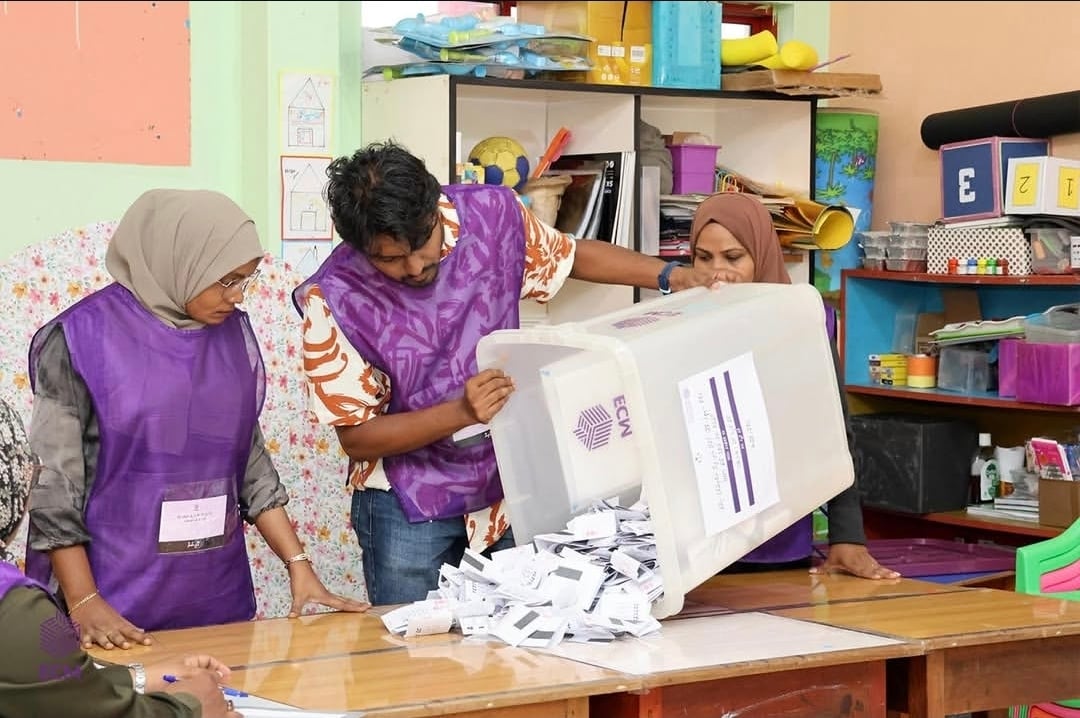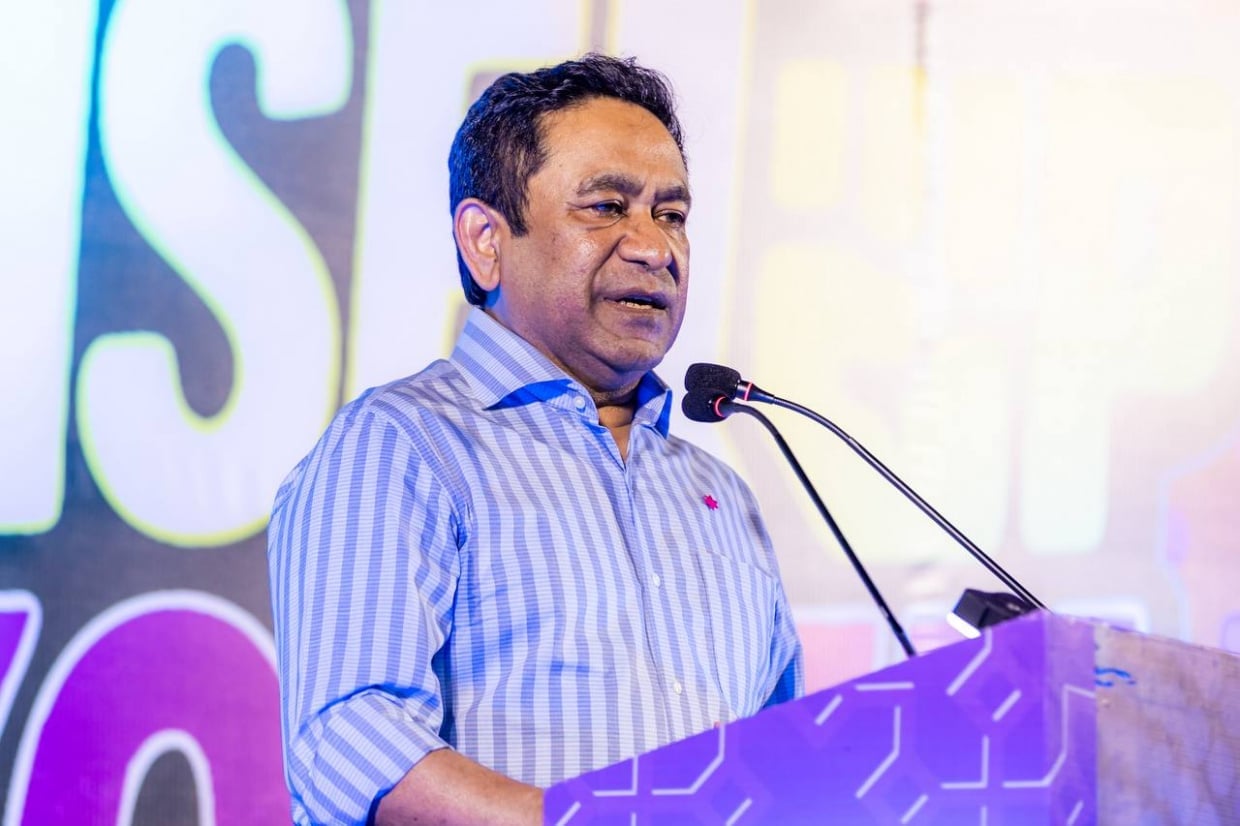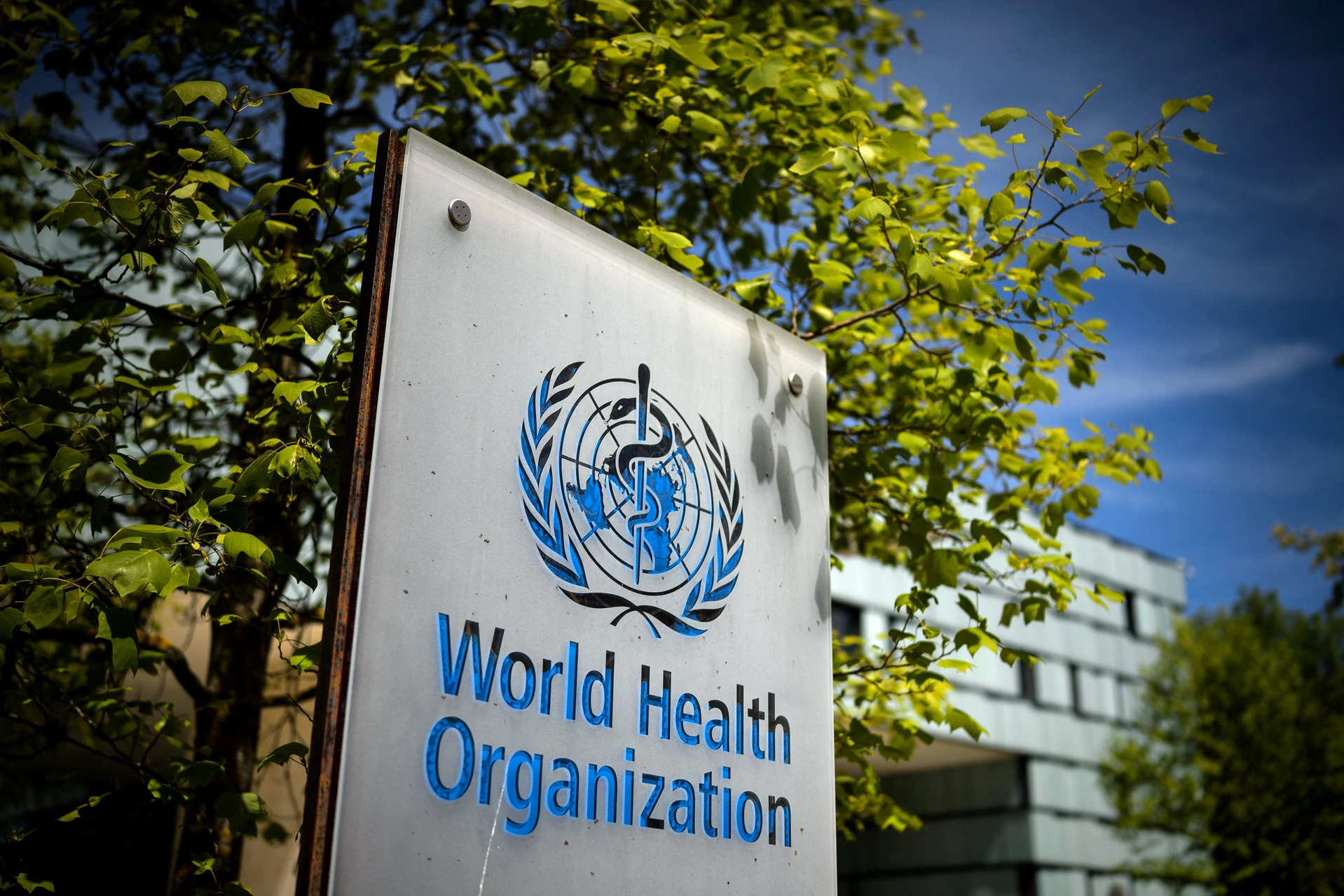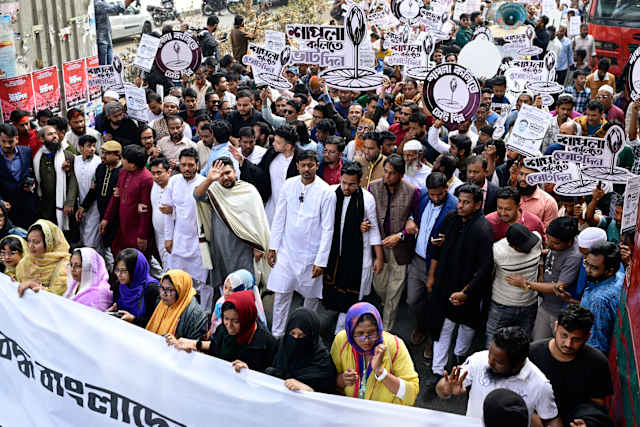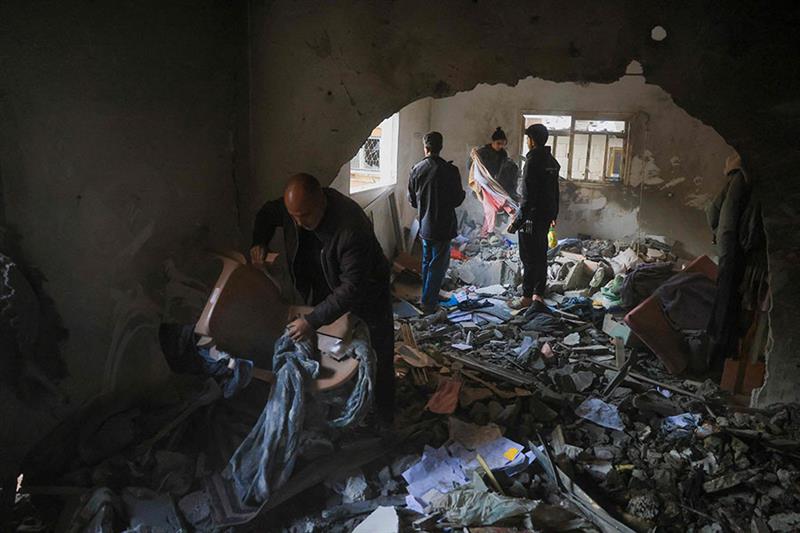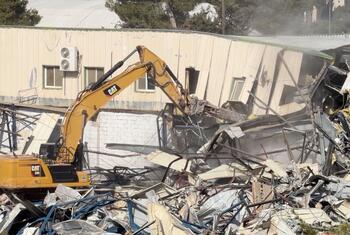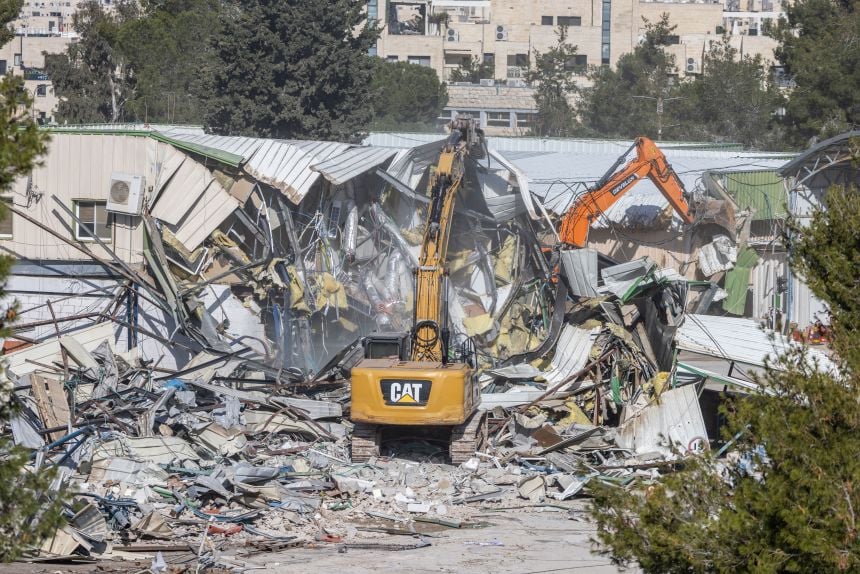Israel’s Ambassador to the United Nations, Danny Danon, has accused the UN of abandoning negotiations over a new aid proposal for Gaza, following the UN's rejection of an Israeli plan to deliver all humanitarian supplies through Israeli-controlled hubs.
Speaking outside the UN Security Council on Wednesday, Danon said Israel’s proposal aimed to prevent aid from falling into the hands of Hamas militants and ensure critical supplies reached civilians. He criticised the UN and Secretary-General António Guterres for failing to engage in constructive dialogue.
The proposal, rejected by the UN Office for the Coordination of Humanitarian Affairs (OCHA), would have closed the current distribution system operated by the UN and its partners. OCHA described Israel’s plan as an attempt to exert control over aid as part of its military strategy, warning against the weaponization of humanitarian assistance.
OCHA spokesperson Jens Laerke said the humanitarian situation in Gaza remains dire, with civilians facing extreme shortages. Only 16 of the Palestine Red Crescent Society’s 29 clinics are partially functional, and Laerke reported that people in Gaza have resorted to scavenging through garbage for food.
Describing conditions as "harsh, brutal and inhuman," Laerke reiterated calls for aid to be delivered impartially and based solely on need.
Meanwhile, Israel’s security cabinet has approved plans to expand military operations across nearly all of Gaza in a bid to pressure Hamas and Palestinian Islamic Jihad, who continue to hold 59 Israeli hostages.
Danon defended Israel’s position, accusing the UN of clinging to a failed aid model and insisting that Israel would continue to defend its people and work toward the release of the hostages.
Speaking outside the UN Security Council on Wednesday, Danon said Israel’s proposal aimed to prevent aid from falling into the hands of Hamas militants and ensure critical supplies reached civilians. He criticised the UN and Secretary-General António Guterres for failing to engage in constructive dialogue.
The proposal, rejected by the UN Office for the Coordination of Humanitarian Affairs (OCHA), would have closed the current distribution system operated by the UN and its partners. OCHA described Israel’s plan as an attempt to exert control over aid as part of its military strategy, warning against the weaponization of humanitarian assistance.
OCHA spokesperson Jens Laerke said the humanitarian situation in Gaza remains dire, with civilians facing extreme shortages. Only 16 of the Palestine Red Crescent Society’s 29 clinics are partially functional, and Laerke reported that people in Gaza have resorted to scavenging through garbage for food.
Describing conditions as "harsh, brutal and inhuman," Laerke reiterated calls for aid to be delivered impartially and based solely on need.
Meanwhile, Israel’s security cabinet has approved plans to expand military operations across nearly all of Gaza in a bid to pressure Hamas and Palestinian Islamic Jihad, who continue to hold 59 Israeli hostages.
Danon defended Israel’s position, accusing the UN of clinging to a failed aid model and insisting that Israel would continue to defend its people and work toward the release of the hostages.



